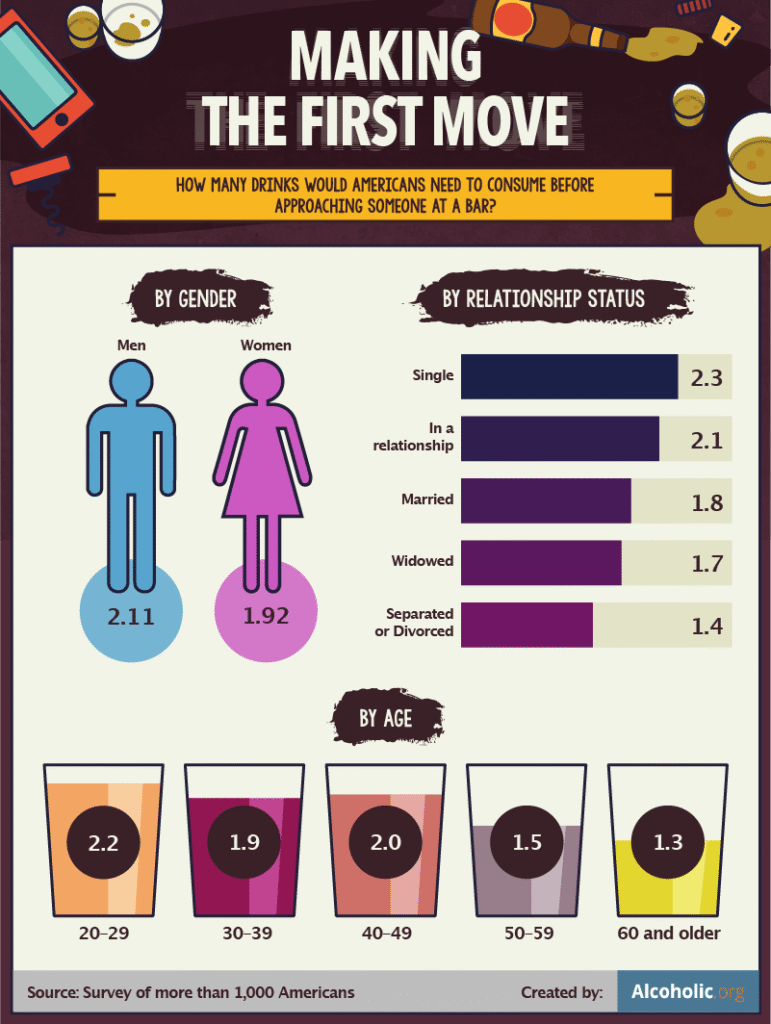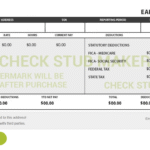The question of whether would a loyal person cheat while drunk has been debated for years. While some believe that alcohol lowers inhibitions and can lead to poor decision-making, ultimately, cheating is a choice rooted in personal values and motivations. This article delves into the complex relationship between alcohol and infidelity, exploring the factors that contribute to why do people cheat when drunk. We’ll examine how alcohol influences behavior, the underlying causes of cheating, and the role of relationship dynamics in this scenario.
This exploration will encompass the impact of alcohol on inhibitions, the various motivations behind cheating, and the significance of relationship satisfaction and impulsivity. By understanding these factors, we can gain a clearer perspective on the complex interplay between alcohol and infidelity.
Alcohol and Inhibitions
Alcohol is a known depressant that affects the central nervous system, altering brain function and behavior. One of its primary effects is the lowering of inhibitions, which are the mental restraints that typically prevent impulsive or socially unacceptable actions. When someone consumes alcohol, these inhibitions can be significantly reduced, leading to a greater likelihood of engaging in behaviors they might normally avoid.
This diminished sense of restraint can manifest in various ways, including increased risk-taking, impulsivity, and a decreased ability to judge consequences. In the context of relationships, this can create a situation where individuals are more likely to act on desires or impulses that they would typically suppress when sober.
It’s important to note that while alcohol can lower inhibitions, it doesn’t directly cause cheating. Individuals still make conscious choices based on their values and motivations, even under the influence of alcohol. However, the reduced inhibitions can create a more permissive environment where temptations are easier to succumb to.
Cheating Causes
Cheating is a complex behavior with multifaceted causes that extend beyond simply being drunk. While alcohol can contribute to poor decision-making, it’s rarely the sole factor driving infidelity.
Underlying issues within a relationship often play a significant role in motivating cheating. These issues can include:
- Lack of communication: When partners fail to communicate effectively, unresolved conflicts and unmet needs can fester, creating resentment and emotional distance.
- Emotional disconnect: Over time, relationships can lose their spark and intimacy, leading to feelings of loneliness and dissatisfaction.
- Unfulfilled expectations: If one or both partners feel that their needs are not being met in the relationship, they may seek fulfillment elsewhere.
Relationship Dissatisfaction
When a relationship is characterized by dissatisfaction, individuals may be more susceptible to cheating, regardless of alcohol consumption. This dissatisfaction can stem from various sources, such as:
- Lack of intimacy: Physical and emotional intimacy are crucial for a healthy relationship. When these needs are unmet, partners may seek connection outside the relationship.
- Unresolved conflicts: Ongoing arguments and disagreements can create a toxic environment that erodes trust and intimacy.
- Differing values or goals: When partners have fundamentally different values or life goals, it can lead to conflict and feelings of incompatibility.
Impulsivity and Decision Making
Alcohol consumption can impair judgment and increase impulsivity, making individuals more likely to act on desires without considering the consequences. This can be particularly problematic in situations where temptation is present.
For example, someone who is already struggling with relationship dissatisfaction may be more susceptible to cheating when intoxicated because alcohol lowers their inhibitions and makes it easier to justify impulsive actions.
Temporary Escape
For some individuals, cheating while drunk may serve as a temporary escape from the stresses and complexities of their lives. Alcohol can provide a sense of euphoria and detachment, allowing individuals to temporarily numb their feelings and avoid confronting difficult emotions.
However, this escape is ultimately fleeting and often exacerbates underlying issues. When the effects of alcohol wear off, individuals are left to deal with the consequences of their actions, which can further damage relationships and create guilt and shame.
Conclusion
While alcohol can lower inhibitions and contribute to poor decision-making, it’s crucial to remember that would a loyal person cheat while drunk is ultimately a choice based on personal values and motivations. Cheating stems from a complex interplay of factors, including relationship dissatisfaction, impulsivity, and the desire for temporary escape.
Understanding these underlying causes is essential for addressing infidelity and preventing future occurrences. Open communication, emotional intimacy, and addressing unresolved issues are crucial for building strong and healthy relationships that can withstand the pressures of temptation.



